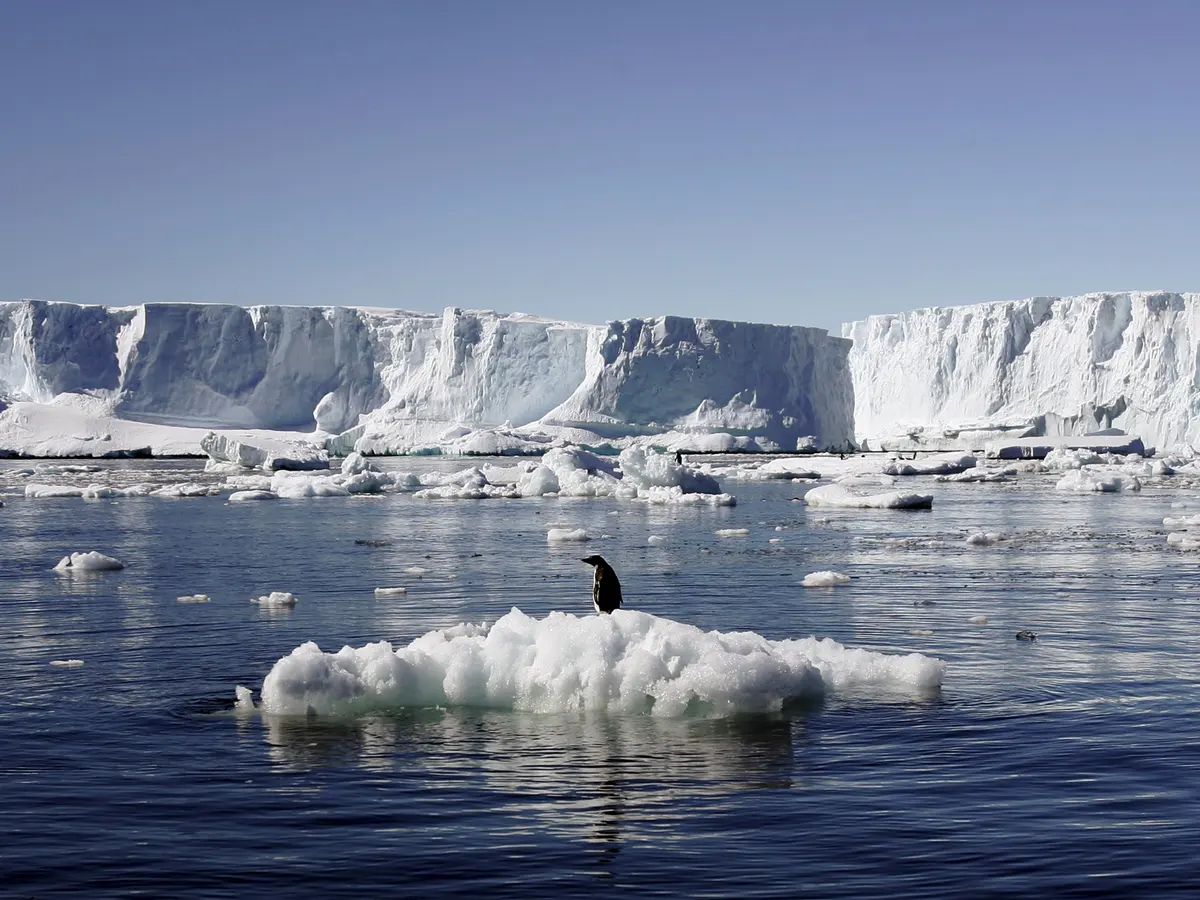Antarctica, the coldest region of the World, witnessed the most intense heatwave ever previous year, 2022, according to a study published last month.
In March 2022, temperatures in Eastern Antarctica increased about 39 degrees Celsius (102.2 degrees Fahrenheit) above the average for a month, according to the study.
“The Largest Ever Recorded Heatwave – Characteristics and Attribution of the Antarctic Heatwave of March 2022”.
Last year on March 18, the hottest day of the heatwave, the temperature increased to -10C (-14F) – a stark contrast to the -54C (-65.2F) average for March.
Temperatures stayed above the last -31C (-23.8F) record for March over three straight days, including during the night-time. Researchers decided that the heatwave arose from unusual air circulation patterns which produced strong northerly winds and imported warm and moist air from Australia.
In four days, a warm mass of air from Southern Australia was capable of driving into East Antarctica, “likely the first time that at least it’s happened that quickly”, Edward Blanchard-Wrigglesworth, the author of the study, was cited as saying by The Washington Post.
According to the study, the heatwave took place briefly after record sea ice minima in February 2022.
However, sea surface temperature irregularities in the Southern Ocean had a minor effect on the magnitude of the heatwave.
The study said, “The heatwave was made two degrees Celsius [3.6F] warmer by climate change, and end of 21st-century heatwaves may be an additional five to six degrees Celsius [9-10.8F] warmer.”
Sea ice minima reached a new record low in February 2023 due to increasing earth temperatures. This year’s minimum was 20 percent lower than the average over the previous 40 years.
Blanchard-Wrigglesworth added that growth in the frequency of such occurrences over the next 50 or even 100 years might begin some effects that maybe we did not have on our radar.
The previous month, researchers said that emperor penguins were dying at an alarming rate in breeding grounds of West Antarctica towards the end of 2022.
Sea ice eroding due to warming was showing the way to the penguins’ small feet, pushing them to drown or freeze to death.




